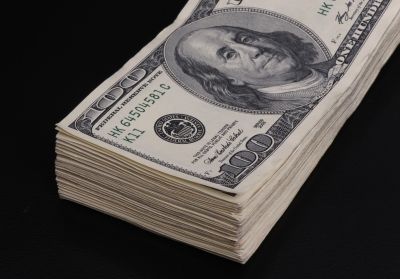Ventura County Star, March 22, 2011
Associated Press
LOS ANGELES – California has joined a whistleblower lawsuit that claims Bristol-Myers Squibb Co. bribed doctors to prescribe its drugs, costing insurers perhaps millions of dollars in the largest alleged health care fraud case ever handled by the state, Insurance Commissioner Dave Jones announced Friday.
The suit claims company salespeople plied physicians with speaking fees, expensive meals, gifts and trips to induce or reward them for prescribing large amounts of its drugs, which were billed to private insurers.
For example, the company invited doctors to attend Los Angeles Lakers games at Staples Center and spent thousands of dollars on luxury suites, the suit claimed.
“Golf outings, basketball camps, samba lessons, you name it,” Jones said at a news conference.
The lawsuit said the aim was to boost prescription levels for legally approved and so-called “off-label” uses of drugs ranging from the antipsychotic Abilify to the blood thinner Plavix.
The company is accused of setting up a speakers bureau that doled out thinly veiled kickbacks in the form of cash payments to influential or high-prescribing doctors for speaking about its products.
One doctor received a $2,500 honorarium even though he never actually spoke, Jones said.
The company denied any wrongdoing.
“Bristol-Myers Squibb believes this lawsuit has no merit and the company will defend itself vigorously,” said Laura Hortas, a company spokeswoman.
California joined a 2007 lawsuit filed by one current and two former employees of the pharmaceutical giant. If they win, the whistleblowers and the state would share damages.
The amended complaint was filed by state insurance department lawyers two weeks ago in Los Angeles Superior Court.
It’s not the first time New York-based Bristol-Myers Squibb has been accused of kickbacks by its own workers.
In 2007, the company agreed to pay $515 million to settle federal lawsuits brought by whistleblowers in Massachusetts and Florida.
The current lawsuit says the company tracked prescription figures, and low-prescribing doctors were threatened with loss of perks.
A sales plan entitled “Rounding Up the Docs!” instructed salespeople at dinner events to get physicians to commit to prescribing for specific types of patients and to monitor the number of new prescriptions by doctors. the suit states.
The company is believed to have made at least 15,000 kickbacks from 1999 to 2005, and investigators suspect that the practice is continuing, Jones said.
The cost of the alleged practice was unclear, but Jones noted the size of the previous federal settlement.
No doctors have been sued or charged with a crime because the insurance department is focusing on the company in its civil action.
The suit seeks unspecified damages that include a $10,000 fine for each prescription obtained through fraud and repayment of any profit the company made from the alleged scheme.
The investigation was continuing.


